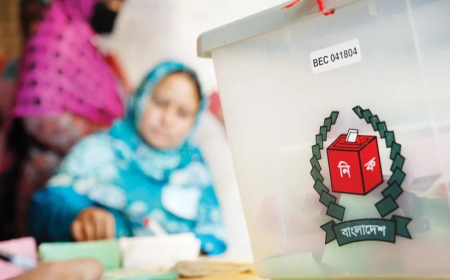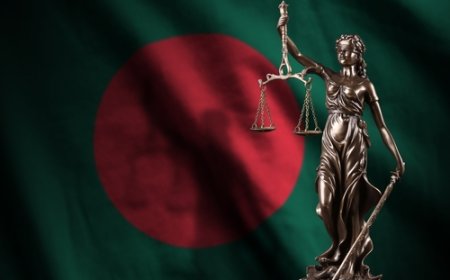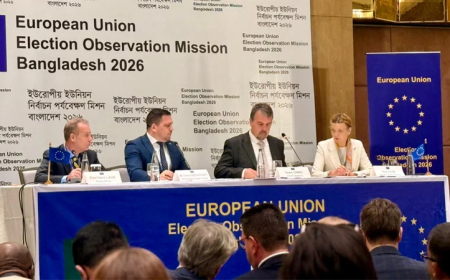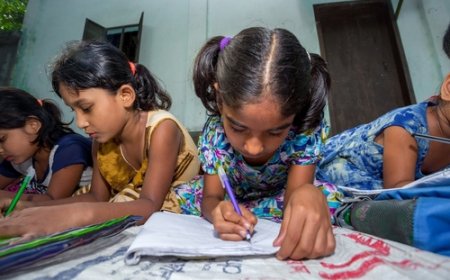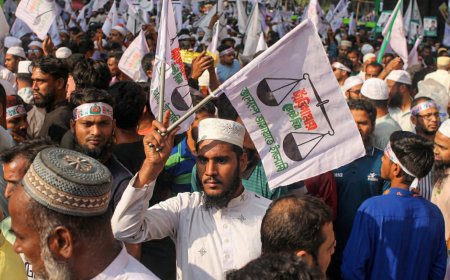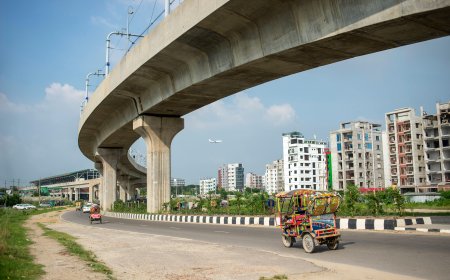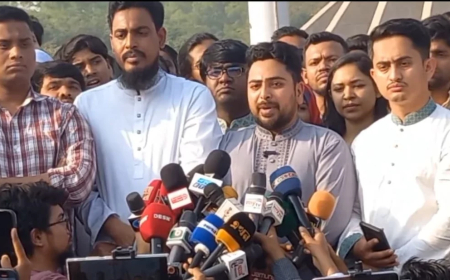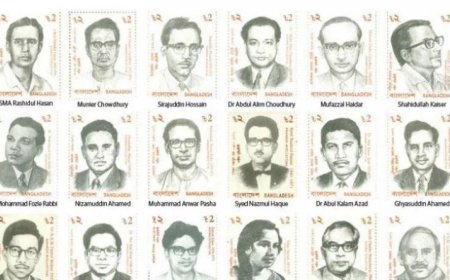One Year On: How Bangladesh Defied Dictatorship and Reclaimed Its Future
The July 2024 protests began as a stand against injustice and ended with the fall of Sheikh Hasina’s regime. Today, Bangladesh is led by an interim government under Professor Yunus, backed by global support and committed to restoring democracy and accountability.
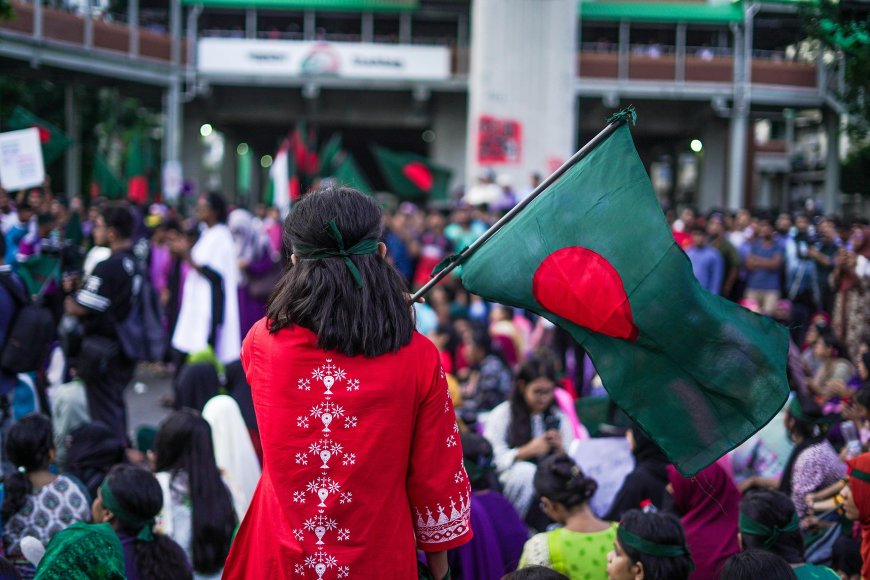
It’s a fitting symbol of how far Bangladesh has come that, as we enter July, US Senator Marco Rubio has reaffirmed America’s full support for Bangladesh’s interim government under Chief Adviser Muhammad Yunus.
Exactly one year ago, a small group of Bangladeshi university students launched peaceful protests against then-Prime Minister Sheikh Hasina’s controversial job quota policy, which reserved 56% of government positions -- primarily for her party loyalists and extended networks.
What began as a student-led outcry quickly evolved into a nationwide movement demanding transparency, fairness, and the restoration of democratic norms.
Prime Minister Sheikh Hasina’s response was swift and violent. In just five weeks, over 1,400 civilians were killed and more than 25,000 injured in a series of state-directed crackdowns. International human rights organizations described the brutality as one of the worst episodes of political repression in recent memory, with UNHCR stating accusations of crimes against humanity.
And yet, Hasina’s Awami League regime failed to crush the uprising. Despite the bloodshed, the people persisted -- and ultimately prevailed. Hasina cowardly fled to India, where she remains in self-imposed exile.
In the aftermath, her allies -- bolstered by BJP-aligned media networks and disinformation bot farms -- launched a global smear campaign aimed at undermining the new interim leadership. Professor Muhammad Yunus was falsely portrayed as an Islamist plotting a Hindu genocide, and claimed that Narendra Modi would intervene to remove him via US political pressure.
None of it came to pass and within a few months the narrative collapsed because of its absurdity. Today, Professor Yunus is recognized as a statesman of international standing, welcomed at multilateral forums and praised for steering Bangladesh through a fragile transition. His interim government enjoys broad diplomatic support, with one notable exception: India.
Meanwhile, the Awami League has been suspended from political activity inside Bangladesh, pending investigations into a wide array of documented crimes, including electoral fraud, extrajudicial killings, and systematic corruption. What once seemed omnipotent and unassailable is now under legal and public scrutiny.
Sajeeb Wazed, Sheikh Hasina’s son and former de facto digital strategist, is no longer a Bangladeshi citizen. His disinformation network-- consisting of anonymous social media accounts, overseas influencers, and state-affiliated media -- failed to gain any meaningful traction. Once positioned as a rising political force, he is now largely regarded as politically irrelevant, derided even within circles that once promoted him, and is known online by the satirical moniker “father of disinformation.”
Twelve months ago, the idea of such a transformation would have sounded implausible -- if not delusional.
Yet here we are.
Because when a people move with shared purpose and are willing to pay the price for justice, even the impossible becomes reality.
A year on from the July 2024 protests, we remember those who stood up, those who led, and above all, those who died. Their courage reshaped a nation. We owe them not just our remembrance, but our commitment to build a better, freer Bangladesh in their honour.
Toffael Rashid is a global marketing professional
What's Your Reaction?







